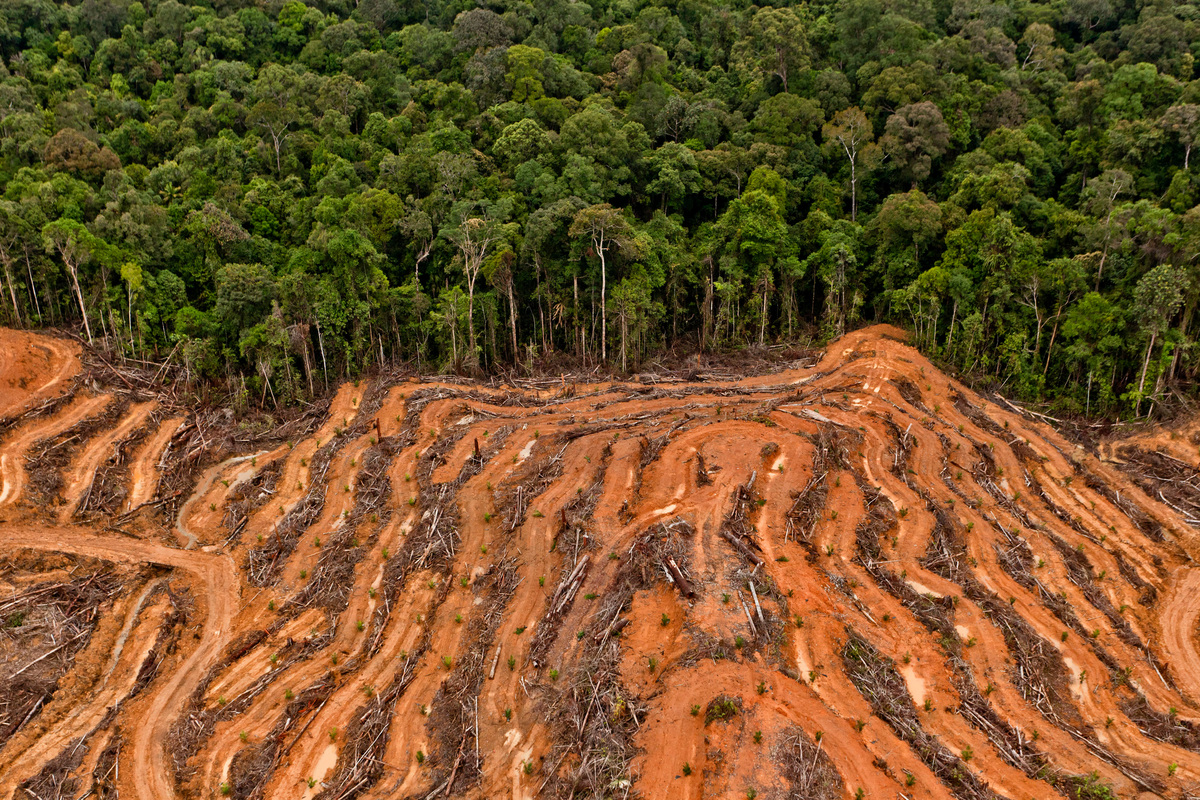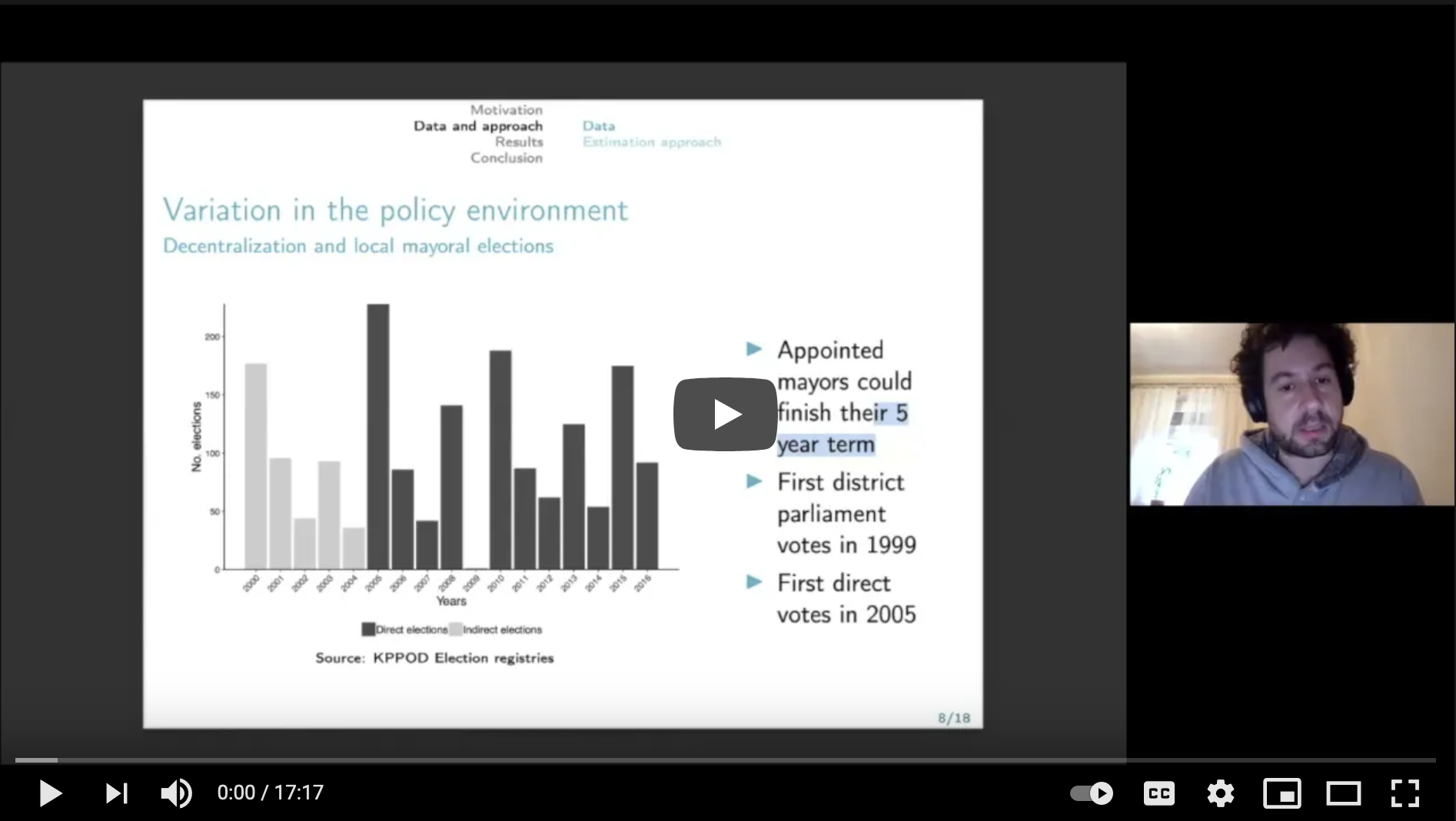Publication: Building Adaptive Capacity in Changing Social-Ecological Systems
Rodríguez L. O., E. Cisneros, T. Pequeño, M. T. Fuentes, and Y. Zinngrebe (2018): Building Adaptive Capacity in Changing Social-Ecological Systems: Integrating Knowledge in Communal Land-Use Planning in the Peruvian Amazon. Sustainability 10 (2): 511.
Abstract
Building resilient sustainable social-ecological systems (SES) requires communities to enhance their adaptive capacities. Communal participative land-use planning (Zonificación Participativa Comunal—ZPC) is a tool designed for communities to integrating local and scientific knowledge to sustainably organize and manage their SES. Between 2006 and 2011, a ZPC was developed with communities in the buffer zone of Cordillera Azul National Park (Peru), where rapid demographic changes are converting pre-montane seasonally dry forest into agricultural land. Herein, we analyse how the ZPC enhanced adaptive capacity, enabling the SES to cope with environmental, political and economic changes. Based on qualitative, semi-structured interviews, communities are analysed along their capacities in the dimensions social capital, learning, adaptive management and governance. An analysis of yearly high-resolution forest cover data supports our findings. Deforestation activities in biologically sensitive zones decreased rapidly during the time of the ZPC implementation. We find that particularly the long-term presence of the bridging institution and the continuous testing and reflection of the integrated “hybrid knowledge” enabled communities to develop adaptive capacities. The analysis of ZPC our results reveals the enabling conditions for promoting the learning process to develop a sustainable land-use management in the context of migration and rapid changes.


